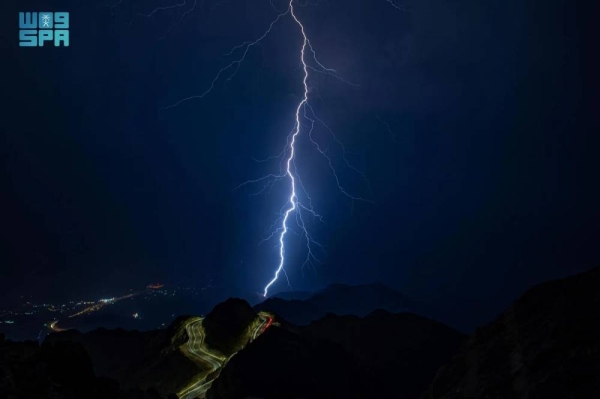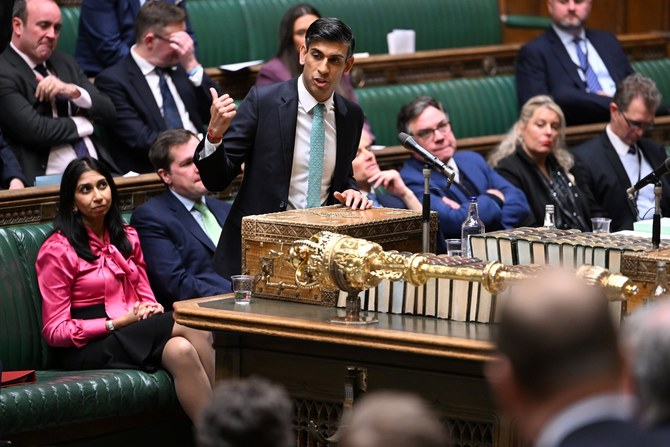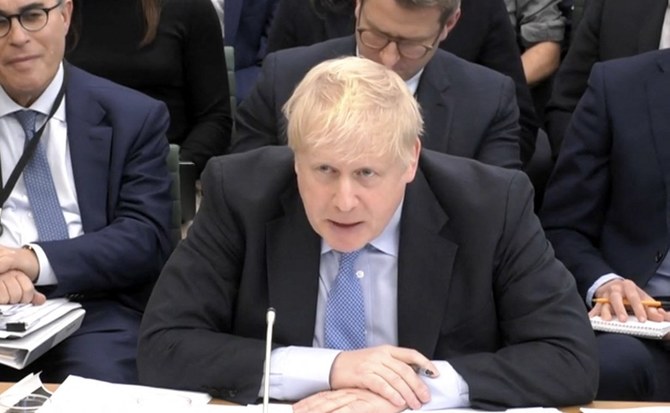
Political analysts like to make predictions. This is, after all, what is expected of them; and this commentator is no exception. As we bid farewell to 2018, a year of disappointments for many and hope for some, we look at 2019 with less optimism, as most pundits will agree. The tumults of this year will be carried forward and may even grow in the next. Three hotspots, in particular, appear to be more interconnected than others: They are Europe, the US and the Middle East.
For Europe, a continent that is geographically, politically and economically closer to our region than others, the end of this year has underlined the challenges and anxieties that both leaders and peoples are facing. President Emanuel Macron, who only a year-and-a-half ago was the toast of France and the new hope of Europe, is now facing an existential threat to his presidency. The violent protests of the “yellow vests” movement, going into their second month, have turned into an indictment of his economic reforms. A leaderless and organic movement, penetrated by anarchists, far-left and far-right activists, it has been likened to the 1968 student protests that eventually brought down President Charles de Gaulle.
It’s mostly a leftist populist movement, apolitical for most, which has gained the support of a majority of French citizens. It represents a popular backlash by mostly impoverished lower middle-class citizens who feel disenfranchised and targeted by Macron’s economic reform program. Even when Macron backed down from imposing the controversial carbon tax, the protests continued. It is difficult to see the protests subsiding as the president, who came to power offering himself as an alternative to traditional parties, makes concessions including increasing the minimum wage and canceling a tax increase. The reality is that France, the political powerhouse for most of Europe, is resisting the transition from a welfare state as it embraces neoliberal economic values.
With Macron’s presidency injured, some would say fatally, and as Angela Merkel’s era in Germany winds down, Europe, and the EU in particular, finds itself in search of a leader. Macron had the credentials: Young, charismatic and a believer in a strong and united Europe. It is unlikely that he will be able to stem the tide of the yellow vests in 2019.
That movement could be contagious for the rest of Europe. Torn between far-right and far-left streams, Europe is now going through an existential phase that manifests itself in the weakening of traditional centrist parties and the rise of extremist movements in Italy, Germany, Hungary, Sweden and Poland, among others.
A collapse of the nuclear deal would not be good news for the region and would strengthen the hands of Iran’s extremists.
Osama Al-Sharif
Adding to Europe’s woes will be the UK’s growing pains as it struggles with the repercussions of Brexit. Prime Minister Theresa May’s political future is now in peril as she faces domestic resistance, from both flanks, to her Brexit deal. Pundits agree that the UK’s exit from the EU, whether hard or soft, will weaken both sides. While highly unlikely, a second referendum on Brexit may still be the best alternative.
Across the pond, President Donald Trump is likely to face pressure from a hostile House of Representatives, mainstream media and special investigation conclusions into his campaign’s alleged collusion with Russia during the 2016 presidential election. There is no doubt that 2019 will be a watershed year for Trump’s political survival. His foreign policies have weakened the US’ global leadership and its ability to offset the rise of both China and Russia on the global stage. We should expect to see both Moscow and Beijing playing a more forceful role in world affairs as Europe and the US become more immersed in domestic challenges.
Here in the region, the aches and pains of Europe and the US will be felt. A troubled US president may postpone his “ultimate deal” offer for peace between Israel and its neighbors. But the US will continue to have a say on the outcome of regional crises such as in Yemen, Syria, Iraq and Iran. On the latter, Tehran will find it difficult to evade the repercussions of US sanctions on its disenchanted citizens. A weakened Europe is unlikely to come up with solutions to Iran’s growing economic and political isolation. A collapse of the nuclear deal would not be good news for the region and would certainly strengthen the hands of Iran’s extremists.
Europe’s piling internal challenges will weaken its influence over regional conflicts. We are likely to see a stronger role played by Vladimir Putin in regional issues, such as in Libya and certainly Syria. And it is almost certain that Israel will see an early election that will decide where the country is heading, especially with regard to peace with the Palestinians.
Apart from external influences, the region is expected to see additional turbulence over difficult economic reforms and shortcomings in political adjustments that remain in high demand. For some countries, 2019 will be a historic milestone, but overall it would be naive to expect major breakthroughs on most fronts.
• Osama Al-Sharif is a journalist and political commentator based in Amman. Twitter: @plato010
Disclaimer: Views expressed by writers in this section are their own and do not necessarily reflect Arab News" point-of-view












